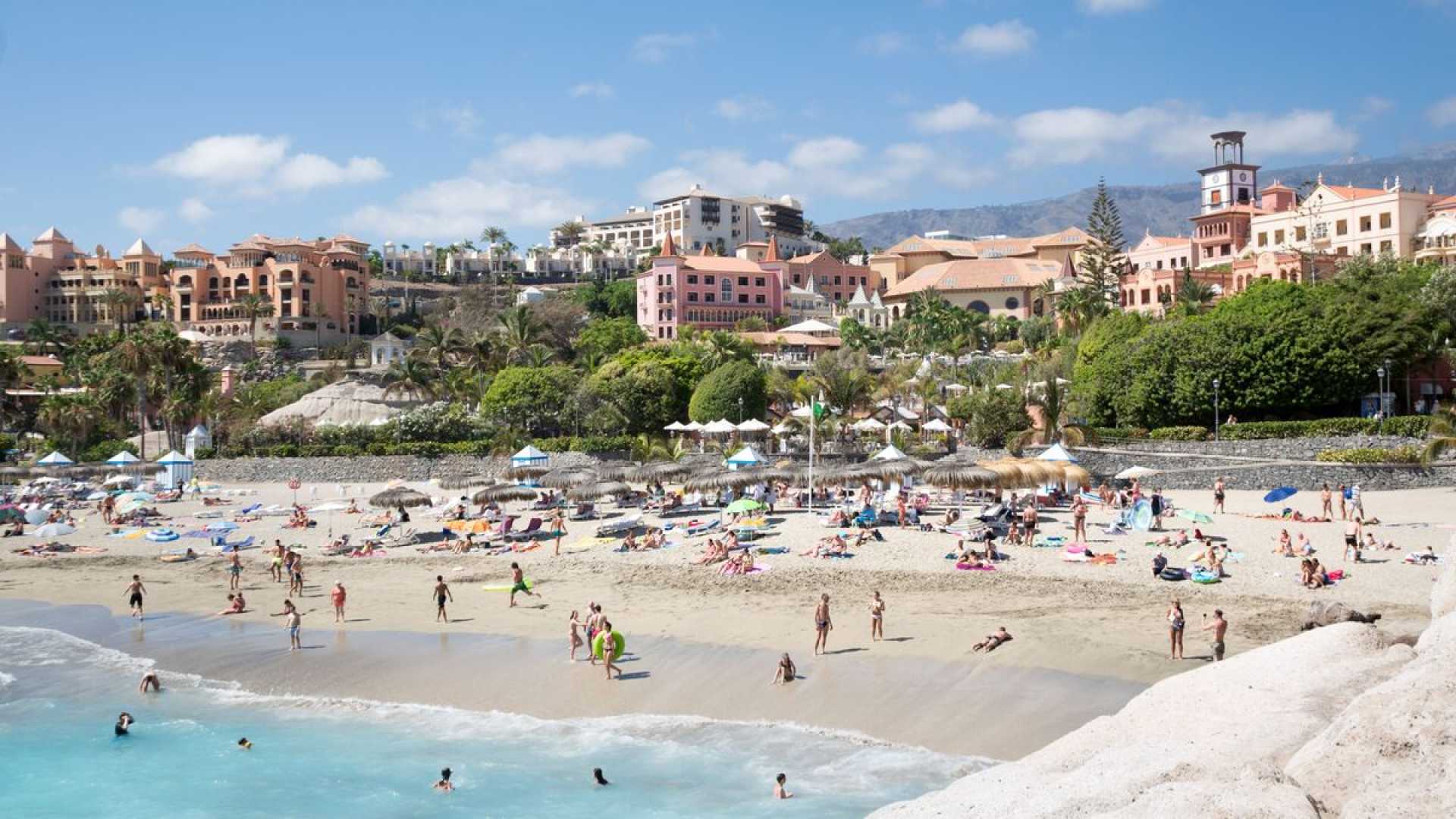News
Video Sparks Debate on Language and Tourism in Canary Islands

Las Palmas, Spain – A TikTok video by local creator Nessa Bratz has ignited a significant discussion about language, identity, and tourism in the Canary Islands. In her video, posted recently, Nessa shares a personal experience from Tenerife that has resonated with many Canarians and social media viewers.
Nessa, known for her candid commentary, describes a frustrating encounter in a supermarket where she struggled to communicate with an employee who only spoke English. “I went to ask for a product I couldn’t find, but she, as best she could, told me: ‘Sorry, no Spanish,’” Nessa explains, expressing her discontent with the situation. “Why hire someone who only speaks English in a place where we speak Spanish?”
Though Nessa emphasizes that her criticism is not directed at the employee, she raises concerns about hiring practices in places heavily reliant on tourism. “In a restaurant job interview, they ask what level of English you have. If it’s low, they won’t hire you. And now we’re allowing people to work here without knowing Spanish?” she argues, stressing that Spanish should be expected in public-facing roles throughout the archipelago.
Her video becomes a broader reflection on the impact of mass tourism on daily life, as Nessa warns that locals may need to adapt to foreign languages to receive services. “It’s sad that, because of mass tourism, people living in the Canary Islands are being forced to speak a language that isn’t theirs,” she adds. “If you go to France, no one’s going to speak Spanish to you.”
The post has elicited mixed reactions online. Many agree with Nessa’s perspective, sharing similar experiences. “Totally agree with you, I’ve had the same experience,” one commenter wrote. Conversely, some argue that the tourism-driven economy necessitates linguistic flexibility, suggesting that language diversity should be embraced.
Despite the lack of legal mandates for Spanish fluency in private-sector jobs, many employers prioritize English or German in tourist-heavy areas, potentially sidelining local language expectations. This has raised concerns over the pressures of a tourism-based economy on cultural identity and employment rights.
Nessa’s words have reignited a long-standing debate about balancing cultural heritage with the demands of tourism. For many locals, especially in Spain’s Canary Islands, preserving their language and customs remains crucial in an increasingly international landscape.
As Nessa poignantly states, “It’s a question many of us ask in silence: How much of our identity are we expected to give up for tourism?”












